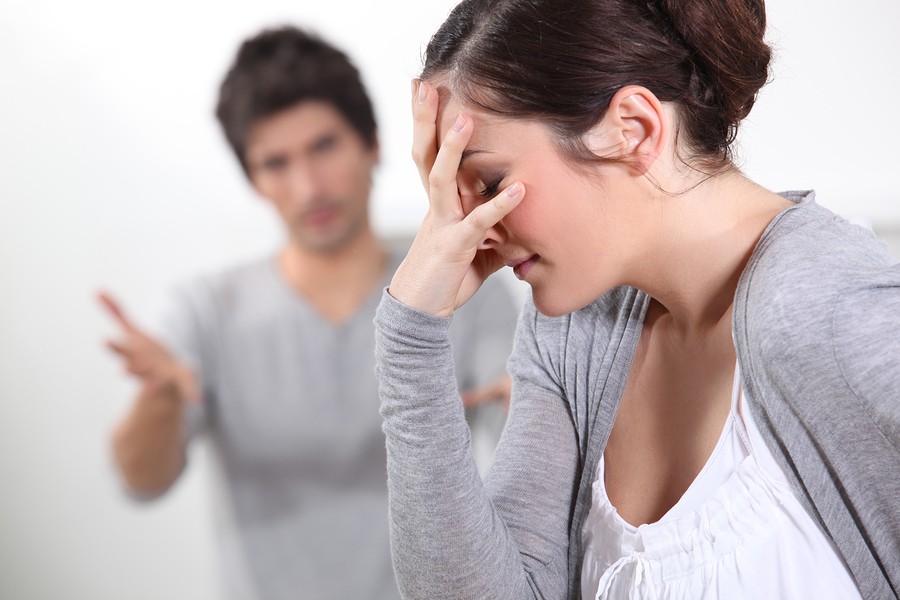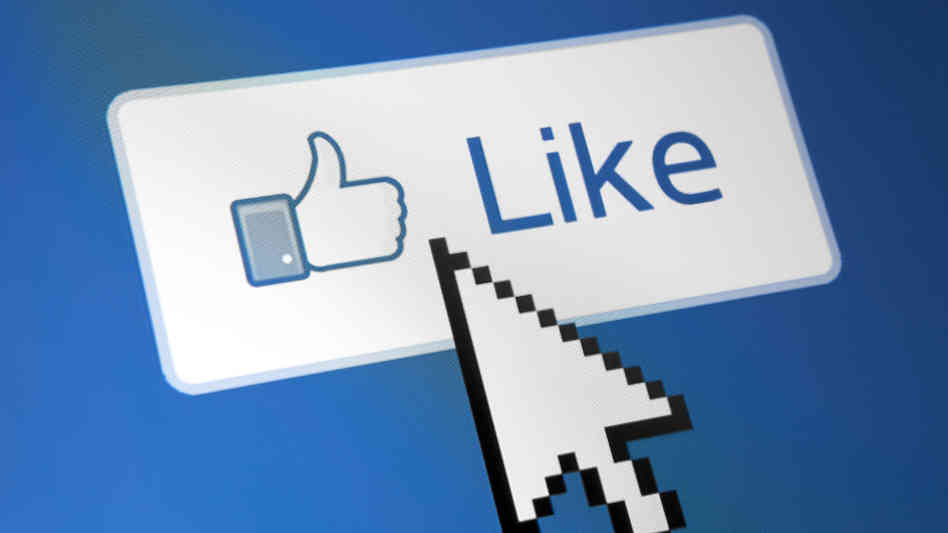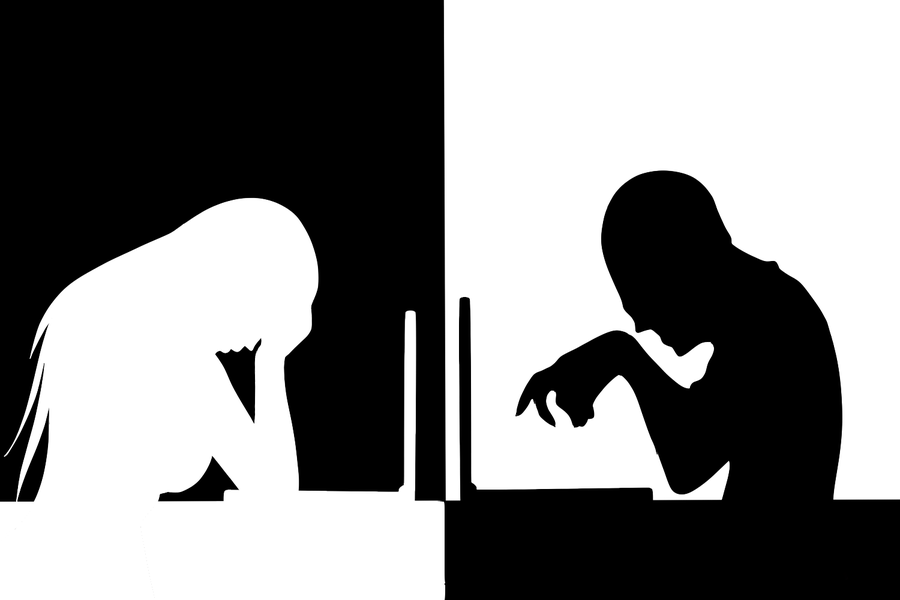Why do some people still feel unloved, sad, lonely or depressed, when they have such a seemingly useful tool at their disposal? More importantly, are you one of those people whose mood is significantly worsened as a direct result of Facebook? There are definitely a number of tell-tale signs that a certain activity may be affecting your mood to a significant degree, and using Facebook can be bringing you down or at least making things worse when you are already feeling blue. I will provide you with objective information on the matter, citing studies and scientific opinion, as well as give a more personal account based on what I and others around me have experienced ourselves.
Is Facebook depression even a real thing?
It’s important to understand that the mere act of posting something on your wall or commenting on your friends’ pictures will not instantly make you depressed, nor will you necessarily develop an addiction to Facebook even if you use it on a regular basis. The whole hype about the Facebook depression phenomenon was based on a study done by Joanne Davila, PhD on depression in adolescent girls, which was linked to anxiety related to romantic experiences. Facebook or social media in general, was never the focus of the study and the connection between social media and potential worsening of symptoms were pure speculation, as Dr. Davila herself has clarified. However, although there is no scientific proof of a direct correlation between social media and depression in healthy individuals, we can safely say Facebook does have a potential to negatively impact self-esteem, mental-health and emotional well-being as some newer studies suggest. Here are some common issues associated with regular Facebook use – if you have come across one or more of these in your own life, you might be suffering from Facebook depression.
You don’t get support you need through online interaction
We often feel stressed out or tired, it’s only natural. When it comes to feeling anxious and depressed, there can be a number of different factors involved: problems at work, self-image issues, fatigue, relationship problems, arguments with friends and family, low self-esteem, etc. The old cliché of “just talk to someone about it” actually works, particularly if you have friends or family members you are close with and whose opinions you trust. There are indications that sharing your problems online doesn’t work in the same way that confiding in a group of friends in person does. When it comes to opening up on Facebook there are several drawbacks:
You risk exposing yourself to ridicule and hurtful comments if you post on your wall You have limited space to express yourself Sarcasm is often impossible to identify in written form You are reminded of how happy other people are by being bombarded with party pictures, internet memes and positive statuses
Knowing that the same people that posted a supportive comment on your status are commenting on pictures from last night’s party and posting pictures of their dog on their wall at the same time, kind of undermines their attempts to ensure that they know how you feel and that they are there for you. On the other hand one of the many “friends” you have may be tempted to leave a funny comment about first world problems and others straight up criticize you for “moping” or “trying to be a philosopher” and cluttering up their wall with silly status updates. Needless to say, this isn’t good for your self-confidence and emotional health. If you feel the need to be comforted and end up looking for support online, there is a good chance that you may be left feeling worse than before. In such cases it’s best to leave the computer and get a cup of coffee with someone you trust, write down your feelings on a piece of paper or let off steam through exercise.
It’s easy to envy other people and fear you are missing out in life
Sometimes, when I came home from work on Friday I was too tired to go anywhere with friends, other times I just couldn’t organize a fun night out because all my friends were busy and ended up spending a good part of the weekend at home by myself. I didn’t feel depressed or anything, I just found other things that brought me joy – e.g. video games, movies, YouTube videos, hitting the gym, reading books and checking Facebook. As soon as I logged on I was drowning in pictures of excited people drinking, laughing, making fools of themselves or chilling on a beach. Feelings of disappointment and envy would wash over me as I realized these people were all having fun with others while I was alone. Some of them were splashing around in the water somewhere far away, while I hardly managed to make a few trips to the pool the entire summer. I went from feeling slightly bored, yet fairly satisfied, to feeling alone and mad at those that dared to have fun. A recent study suggests that passively following people on Facebook can cause increased feelings of envy and make you unsatisfied with your own life, something some of my friends and I were already too familiar with. It seems that in such situations it may be best to avoid social networks altogether and find constructive ways of channeling your energy and having fun. Dancing, yoga, martial arts, cooking and similar classes are a great way to develop new friendships, have fun and develop useful skills.
It can promote jealousy in romantic relationships
Facebook allows you access to a lot of private information about a person. There are privacy settings, of course, but healthy relationships are built on trust, so you allow your partner to look through your profile. Some give partners full access to Facebook accounts. It’s easy for you to start feeling jealous after seeing pictures of your significant other partying with people you don’t know anything about. Another thing you quickly realize is people go through a lot of relationships in life, and if they were in a more serious relationship this means tons of pictures of them and their exes having fun and kissing. Some can’t handle what essentially equates to socially acceptable voyeurism very well. One study suggests this can create a vicious cycle in which seeing pictures of your partner can be misconstrued leads to additional digging around Facebook, which leads to other discoveries and so on. If you already have a tendency to get a bit too jealous for no real reason, then Facebook stalking can make things worse and have a negative impact on your relationship. To avoid this, try and be frank with your partner – cultivate a healthy relationship based on effective communication and trust, and understand everyone has a past. We all have a few skeletons in our closet that we may not be ready to talk about.
You can start basing your self-worth on the number of friends, interactions and likes
I’ve had friends become noticeably irritated because they had no notifications after being away from the computer for a whole day. You can start viewing yourself as the sum of all your friends, believing social status depends on the number of comments, likes and other interactions between you and your virtual friends. It was found that people who consumed a greater level of content without engaging in direct communication tended to be much lonelier. Focusing on trivial things like putting up content, liking and commenting instead of communicating with others can make you feel distanced from society.
You are open to cyber bullying
I’ve already mentioned sarcastic and rude comments as a negative part of opening yourself up to a huge number of people, only a few of which are actually close to you, but sometimes things escalate far past the point of someone being rude or inconsiderate. Cyber bullying is extremely dangerous for a number of reasons:
It takes almost no effort on the part of the bully You can be targeted by people who are hundreds of miles away You can’t escape it by staying at home The attacks hit you when you are at your most vulnerable
Imagine you are sitting alone in your room at night. As the nagging voice of self-doubt starts creeping in, you log onto Facebook in an effort to keep your thoughts from wearing of into some of the darker corners of your mind. However, instead of whimsical pictures of cats, pop culture references and friends you can chat with, what you find is a borderline sociopath actively pursuing you, attacking you – purposefully trying to inflict great emotional harm. These cases can end very badly, so if you are experiencing cyber bullying you should take steps to end it. Unfriending a person can be enough in minor cases, but you might need to report abusive behavior to Facebook and have the person’s account shut down. If he or she continues the bullying from fake accounts or the bullying becomes worse, then deleting your account and contacting the authorities is the recommended course of action. By distancing yourself from social media for a while you can avoid a lot of unpleasant situations, however if the confrontation spills out into the real world then you should speak to the police and a lawyer.
Final thoughts
The media likes to blow up certain things to comic proportions and often misrepresents real problems by approaching a topic with the subtlety and levelheadedness of a hungry pit-bull trying to get to a piece of stake left out on the kitchen counter. However, there seems to be something to this Facebook depression phenomenon, as shown by the numerous studies, although I wouldn’t go so far as to put the blame solely on Facebook, as there are often a whole lot of social and psychological factors at play. If you are one of the millions of casual Facebook users whose mood isn’t significantly affected by online social life then good for you, but if you see any of the signs that social media may be causing you to feel lonely, sad, depressed, angry, jealous, envious or anxious, then you should consider giving Facebook a break and working on some of the underlying problems, even if that means seeking professional help.




